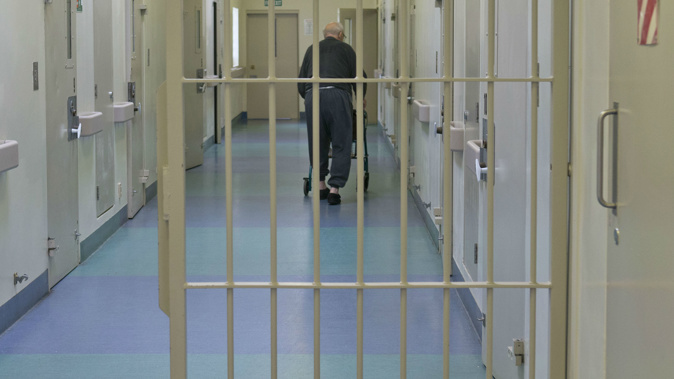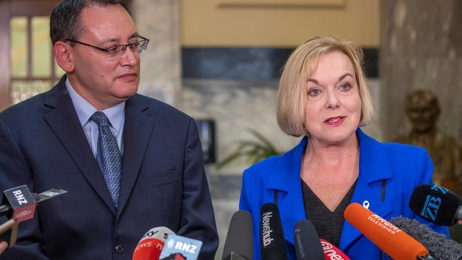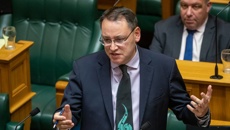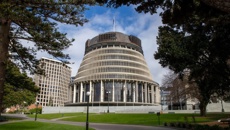
Prison staff and MPs that spearheaded the law change allow prisoners to vote have raised areas of concern around how it is implemented and how prisoners will be informed.
A law change last month means voting rights were reinstated for prisoners serving sentences of less than three years, including the 2020 General Election on September 19.
The Electoral Commission said prisoners should be enrolled where they last resided for at least one month before imprisonment even if it was some time ago - including those who had not had a fixed address. "They can't enrol at the prison address."
Prisoners would be able to use the address of a shelter and can also register a prison as a postal address to receive Electoral Commission mail.
Justice Minister Andrew Little, the Green Party's Justice spokesperson Golriz Ghahraman, and Corrections Association president Alan Whitely acknowledged it would be easier to make sure prisoners are able to make an informed party vote, rather than the electorate vote.
Whitely said it would be hard to have prisoners receive information on their own electorate because that could greatly vary.
"If you take a place like Rimutaka [Prison, in Upper Hutt], they'll have prisoners there from just about everywhere in the country".
Whitely was also concerned there would not be enough resources for prison staff to manage their usual daily duties on top of facilitating voting on Election Day.
He said it had been a "difficult day" in the past, before voting rights were revoked in 2010.
With just over two months until the election, Whitley said there had not yet been clear messaging about planning for the day.
He said staff needed to know who would conduct voting, and specifically when and where within a prison it would happen.
"There's time to plan it, but that planning needs to start."
Ghahraman said informed voting decisions were the next step going forward.
"Our primary concern is that people aren't literally disenfranchised - so they're not taken off the roll without the ability to get back on if they've been sentenced for longer terms of imprisonment."
She said access to reliable information to inform people of the electoral system and their vote was needed in "all forums" and something the "Government is responsible for".
"Because ultimately, why do we have a justice system if it's not to help people to be connected with society and reintegrate."
Little said there was no way of guaranteeing the sharing of information of electorate candidates could be "perfect", but it was important the Department of Corrections made "some effort to get at least some basic information to prisoners".
"I think it's just a question of making sure that the Corrections Department is equipped to provide the minimum amount of information to cast an informed vote."
Victoria University political expert Bryce Edwards said informed decisions would be important because some prisoners would be voting in electorates with a close vote count between candidates.
He said prisoners’ votes "could make all the difference."
"So we do need those prisoners to actually know what they are voting on."
However, Edwards, Little, and Ghahraman all said informed voting was an issue that went beyond prisoners.
Edwards and Little both said it was somewhat similar to university students, who often stayed enrolled where their parents lived. Edwards said this presented "struggles" and thought Universities should play a part in making sure students made informed decisions.
Ghahraman said renters, people with health and mental disabilities, or coming from a lower socio-economic background could create a cycle of disenfranchisement with voting.
Corrections' chief custodial officer Neil Beales said staff would assist prisoners in enrolling and were aiming to have as many eligible prisoners enrolled as possible August 16.
He said people enrolled before then would receive an EasyVote Pack from the Electoral Commission, "which will provide them with candidate information relevant to their electorate".
Beales said Corrections was working to make this information available to those enrolled after August 16.
Corrections was also making political manifestos from parties, and other written materials, available to prisoners. They also had access to television and radio broadcasts.
Take your Radio, Podcasts and Music with you









